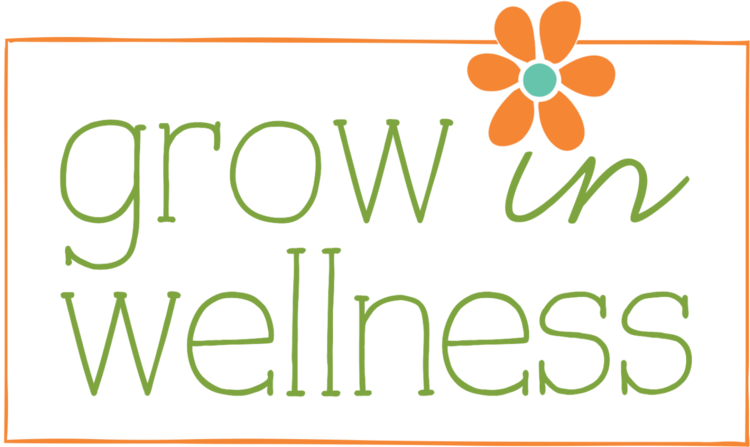That "Age-Old" Debate

Do you ever have those moments where you can’t remember where you left your keys? Or maybe you absent-mindedly put the milk in the pantry instead of the refrigerator? Or you walk into a room and suddenly can’t remember what you were looking for? Then perhaps you start thinking that you are getting old and ‘losing your memory’ and might even go so far to wonder if you are at risk for Alzheimer’s? I have certainly had days where I can’t find my keys and I am guilty of putting the milk in the pantry instead of the refrigerator, so of course it makes me wonder about my memory and growing old. Memory loss is one of the biggest concerns of aging and it is a topic that is getting a lot of much needed attention and research.
I recently went to a presentation by the University of California, Irvine’s MIND (Memory Impairments and Neurological Disorders) Institute. A panel of experts comprised of neurologists, researchers, psychologist and neuroscientists discussed the aspects, findings, questions and research being done on Dementia and Alzheimer’s by their team. It was an incredibly interesting presentation and since Eat Clean Live Green is focused on improving all aspects of health, I wanted to share a few highlights with you:
- Alzheimer’s is the most common form of dementia.
- The number one contributing factor to the onset of Alzheimer’s is age (the older you are, the more likely you are to get it).
- At age 65, 1 in 20 people will be diagnosed with dementia. That number doubles with every 5 additional years of age.
- Although it is not known how the disease begins, it is likely that damage starts a decade before problems become evident.
- Memory and thinking difficulties are not always due to dementia and must be thoroughly evaluated to determine the cause.
- For example, medications, underlying health issues like thyroid problems or B-12 deficiency also affect memory.
- Although there is no current cure for Alzheimer’s, there are things you can do to delay the onset. The MIND institute researchers have discovered that “a healthy lifestyle that includes a healthy diet and physical and cognitive activity reduces the risk of developing dementia. Studies… show that exercise and cognitive stimulation improves memory and improves memory, and helps reduce Alzheimer’s pathology.”
- Cognitive Exercises that strengthen brain plasticity (the brain’s ability to create new neurons and neural connections) can strengthen mental abilities.
- Meditation, Tai Chi and Yoga all help improve cognitive function in those with Alzheimer’s Disease.
You can improve your brain health much in the same way you improve heart health through lifestyle factors such as: getting enough sleep, staying socially active, managing stress and depression, doing physical and brain exercises and through nutrition. These are all in your control, so why not start taking care of your brain the way you do the rest of your body? Follow the clean eating guidelines here on this blog and take time to make the other aspects listed a priority.
I’ll give you a little jump start… here are five foods that are good for the brain, good for your body and easy to incorporate into your day (and interestingly a few them are actually shaped like your brain):
- Walnuts
- Avocados
- Berries: strawberries and blueberries (organic, of course)
- Broccoli and Cauliflower
- Chickpeas (aka garbanzo beans)
Give your body and your brain the best possible chance of taking you well into the future… the kind of future where aging doesn’t mean getting old.
For more detailed information from the UCI MIND Institute, go to their website www.mind.uci.edu
